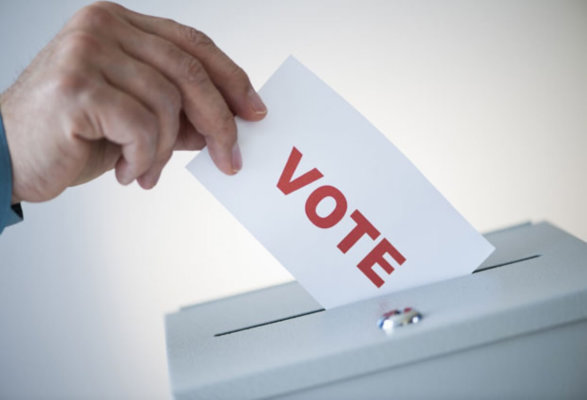Now that we’ve got some room to breathe a bit until the New York primary hits with full force this week (that’s when the ads will start running), it’s worth looking at the present election season and asking, “Is this democracy?” I’m sure the rest of the world is following the elections and is wondering how the greatest democracy in the world can elect its political leader with such a long, messy, potentially divisive process.
As are many Americans.
The 2016 primaries will, I think, redefine the system we have for a few reasons. The first is the influence of social media. No longer can a candidate say one thing in Arizona, contradict themselves in Massachusetts and say a third idea in Florida and have nobody notice. We are too connected and communication is instantaneous.
The second reason is that many more people are taking part in the primaries, partially due to social media, but mostly due to the issues at stake and the bitter polarization between the parties.
Finally, Donald Trump, love him or not, has made this campaign into his own reality program and no news organization can resist him. But now that we have more voters participating, more citizens are questioning the process, and for good reason.
A look at the primary results so far suggests that both parties lack transparency, and the Republican Party is on course to actually thwart their own system in order to stop Donald Trump from becoming its nominee. On the Democratic side, although Hillary Clinton has a substantial delegate lead, the use of free-floating superdelegates is skewing her lead. These delegates are party elites who can essentially vote for whichever candidate they please, and most of them have pledged themselves to Hillary, although as in 2008, they can always switch their allegiance to Bernie Sanders should he upset her in New York and Pennsylvania. So even though thousands of Democrats have gone to the polls, they’re finding that their democratic will is not being honored.
On the Republican side, superdelegates are not really the problem, as they mostly have to vote as their state did during the primary. The real issue is that the candidate who wins a state primary’s popular vote does not necessarily get all, or even a representative portion of that state’s delegates. This has happened to Trump in Louisiana and Colorado, and threatens to derail his bid for a majority once the GOP Convention starts in July. This also affects Bernie, as Saturday’s Wyoming Caucuses show. He won the most votes, but he and Hillary will get the same number of delegates.
This is why many voters are feeling disenfranchised, despite their being able to cast a ballot. In effect, although the Supreme Court just ruled in favor of counting all voters in the latest “one person, one vote” case, we don’t seem to all have that vote. The Republican Party is risking more because they have come out in favor of doing all that they can to deny Trump the nomination, even if he comes close to having enough delegates. This would fracture the GOP and probably lead to Trump running as an independent, especially if Ted Cuz is the nominee despite not having anywhere near the required delegate majority after the primaries.
The Democrats won’t suffer the same fate, but it would help if Hillary won enough delegates independent of the superdelegate votes. That would at least convince Democrats that their votes had weight.
Nominating contests have traditionally not been expressions of democracy, but now much of the country is paying attention at this early stage. 2020 will look different.
For more, go to www.facebook.com/WhereDemocracyLives or Twitter @rigrundfest
Share this content:








